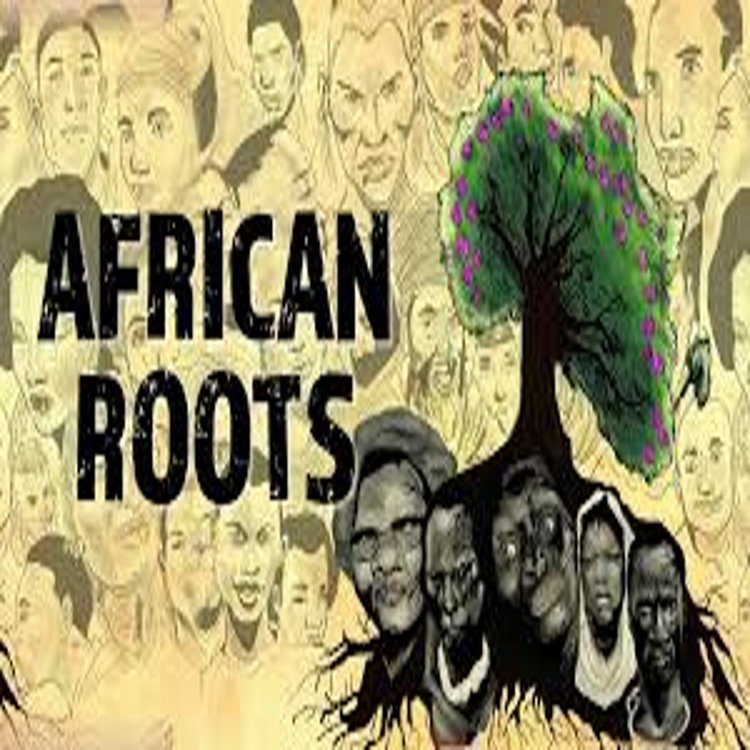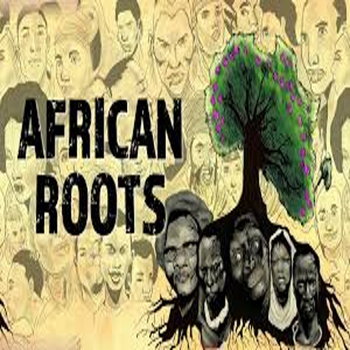
Thomas Sankara, the upright revolutionary
Loading player...
Dubbed the "African Che Guevara," Thomas Sankara led a revolution in the former Upper Volta, reinventing the state as Burkina Faso. Even though he was murdered only years later, his influence lasts until today.
When did Thomas Sankara live? Born in 1949, Captain Thomas Sankara took power during the revolution which started on August 4, 1983. With his comrades in arms, he renamed the Upper Volta, a name inherited from the French colonial power, into the Democratic and Popular Republic of Burkina Faso, which means "the land of upright men." He was later ousted by one of his closest comrades, Blaise Compaore, then murdered on October 15, 1987 along with twelve of his companions.
What is Thomas Sankara known for? Trying to turn his West African country into an agricultural laboratory in order to achieve food self-sufficiency. He was ahead of his time and promoted products made in Burkina Faso. He also attempted to boost local manufacturing and consumption. "The comrade president of Burkina" wanted to improve the health system and the education in a country that was one of the poorest in the world. He lived a modest lifestyle himself. The emancipation of women was also one of his political priorities.
What has Thomas Sankara been criticized for? His links to Libya's Muammar Gaddafi, but also for disrupting the established order. In 1985, a conflict even occurred with Mali about the border between the two countries.
Did Thomas Sankara speak out against the powers that be? In a historical speech pronounced in July 1987 at the Organisation of African Unity (OAU) in Addis Ababa,
Sankara denounced the debt owed to the Bretton Woods institutions - World Bank and International Monetary Fund - which according to him were inherited from colonialism. Almost three decades after his murder, the captain was still seen as a hero by the protesters who brought down the regime of Blaise Compaore in October 2014. Many people consider him an icon for African youths.
When did Thomas Sankara live? Born in 1949, Captain Thomas Sankara took power during the revolution which started on August 4, 1983. With his comrades in arms, he renamed the Upper Volta, a name inherited from the French colonial power, into the Democratic and Popular Republic of Burkina Faso, which means "the land of upright men." He was later ousted by one of his closest comrades, Blaise Compaore, then murdered on October 15, 1987 along with twelve of his companions.
What is Thomas Sankara known for? Trying to turn his West African country into an agricultural laboratory in order to achieve food self-sufficiency. He was ahead of his time and promoted products made in Burkina Faso. He also attempted to boost local manufacturing and consumption. "The comrade president of Burkina" wanted to improve the health system and the education in a country that was one of the poorest in the world. He lived a modest lifestyle himself. The emancipation of women was also one of his political priorities.
What has Thomas Sankara been criticized for? His links to Libya's Muammar Gaddafi, but also for disrupting the established order. In 1985, a conflict even occurred with Mali about the border between the two countries.
Did Thomas Sankara speak out against the powers that be? In a historical speech pronounced in July 1987 at the Organisation of African Unity (OAU) in Addis Ababa,
Sankara denounced the debt owed to the Bretton Woods institutions - World Bank and International Monetary Fund - which according to him were inherited from colonialism. Almost three decades after his murder, the captain was still seen as a hero by the protesters who brought down the regime of Blaise Compaore in October 2014. Many people consider him an icon for African youths.

